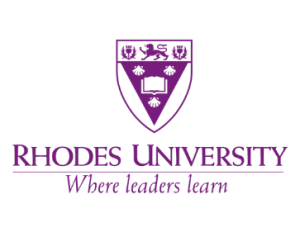Naming of the Great Field: A Tribute to Ally Weakley

Rhodes University is proud to announce the naming of its iconic Great Field in honour of the late Alastair Weakley, affectionately known as Ally, one of the university’s most celebrated alumni and a champion of justice and equality. This milestone will be celebrated as part of the RU120 celebratory year during a naming ceremony on […]


